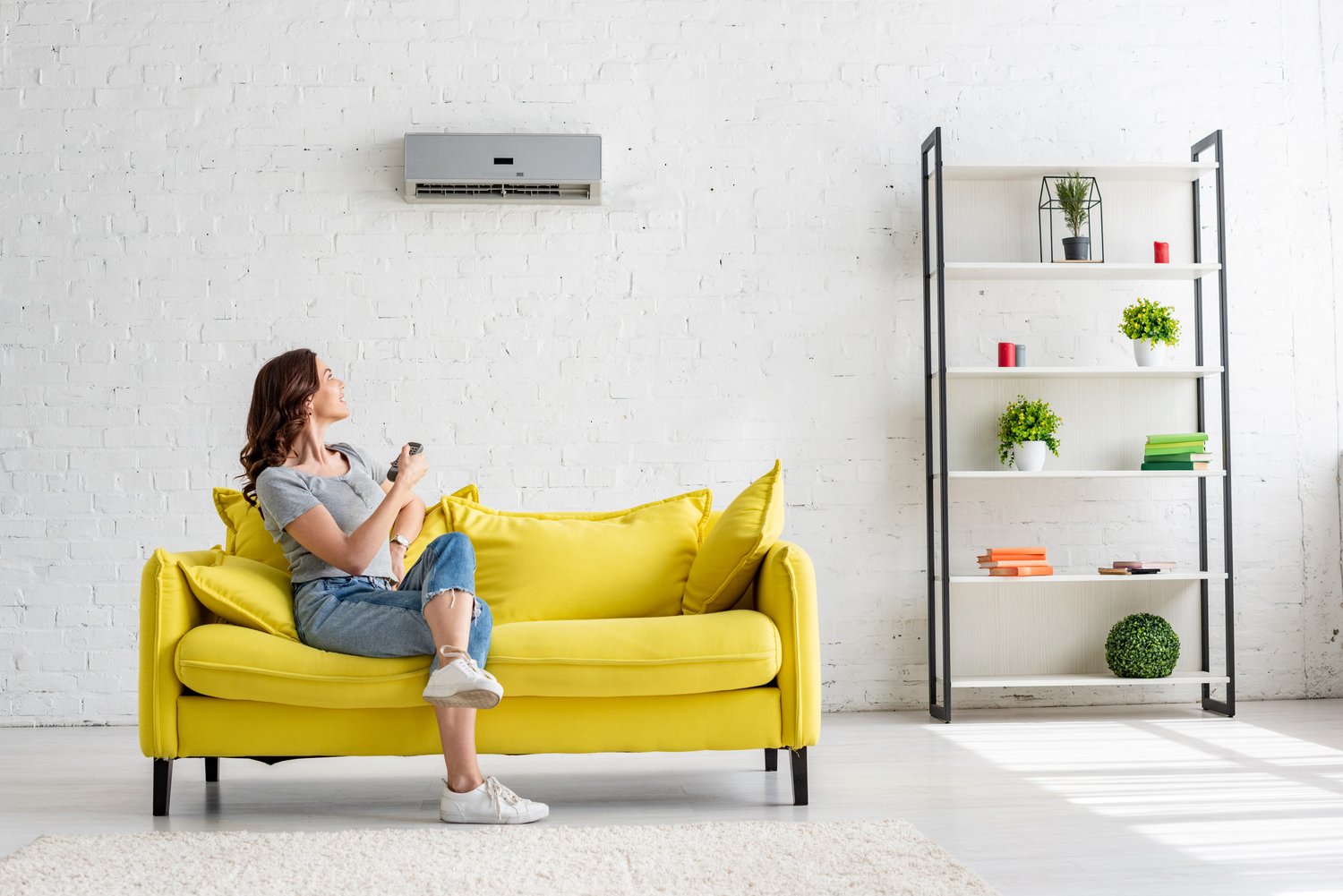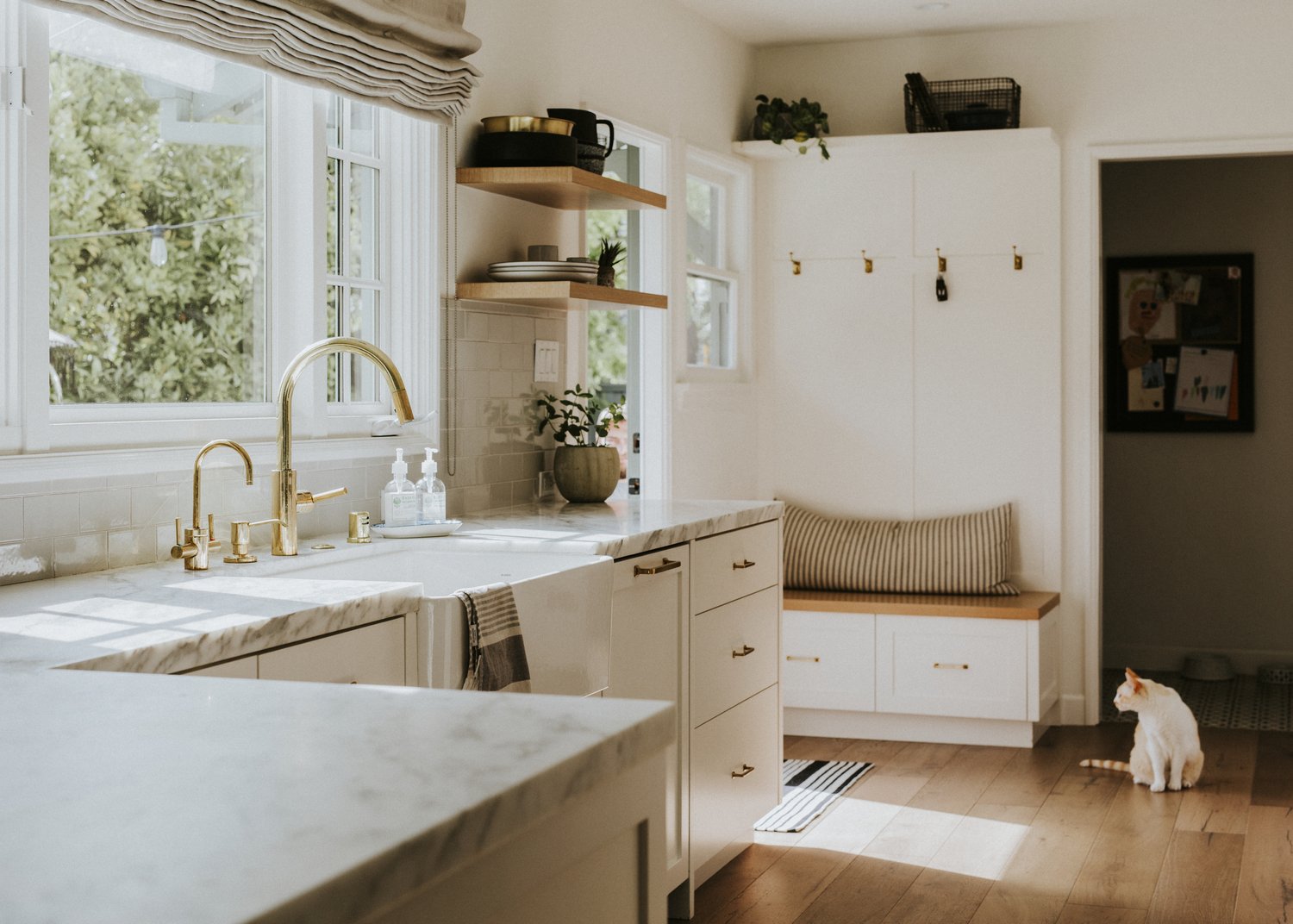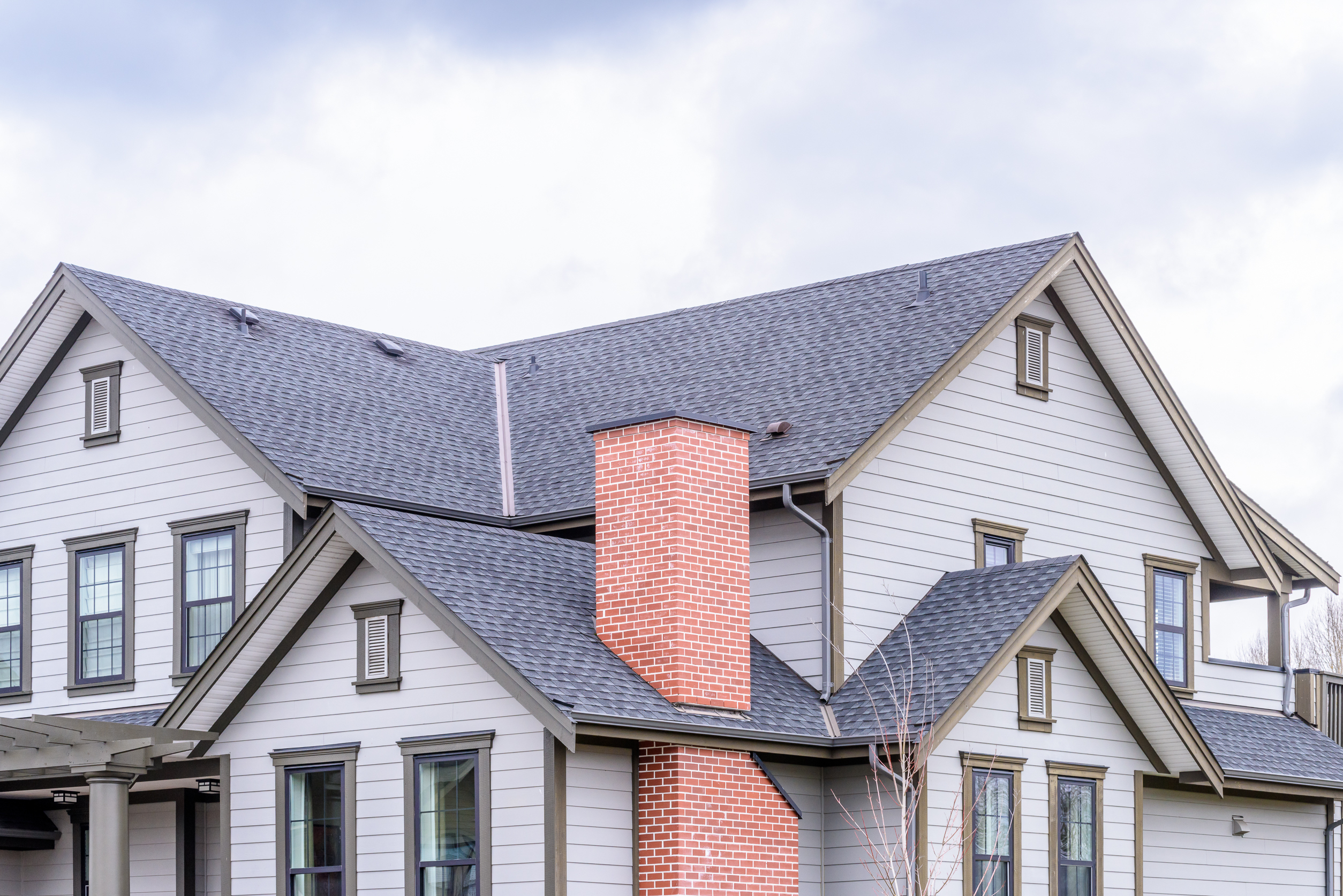Have you ever noticed that some rooms in your home feel like a sauna while others remind you of the Arctic? This common household problem stems from having a single-thermostat HVAC system trying to maintain one temperature throughout your entire home. A zoned HVAC system offers a solution by dividing your home into distinct climate zones, each with independent temperature control. In this article, we’ll explore how multi zone heating cooling works, the benefits of zoning HVAC, and help you determine if this customized home comfort solution is right for your living space.
Understanding Zoned HVAC Systems
A zoned HVAC system is an innovative approach to home climate control that allows you to set different temperatures for various areas or “zones” within your home. Unlike conventional systems that treat your entire house as a single unit, zoned systems use electronically controlled dampers installed in your ductwork to direct airflow precisely where it’s needed. Each zone has its own thermostat, giving you granular control over your home’s climate.
These sophisticated systems recognize that different areas of your home have different heating and cooling requirements. For instance, your kitchen may need more cooling due to heat-generating appliances, while a rarely used guest room might require less conditioning. By implementing multi zone heating cooling technology, you can address these variations efficiently and effectively.
How Zoned HVAC Systems Work
The mechanics behind a zoned HVAC system are relatively straightforward yet ingenious. The system consists of a central control panel connected to multiple thermostats throughout your home. When a particular zone calls for heating or cooling, the control panel activates the appropriate dampers in your ductwork, directing conditioned air specifically to that area.
For example, if your upstairs bedrooms need cooling while downstairs remains comfortable, the system will open dampers leading to the upper floor while closing or restricting airflow to the lower level. This targeted approach ensures that each zone receives precisely the level of conditioning required without wasting energy on areas that don’t need it.
Modern zoned systems can be integrated with smart home technology, allowing for programmable schedules and remote control via smartphone apps. Some advanced systems even learn your preferences over time, automatically adjusting to provide optimal customized home comfort without constant manual adjustments.
Benefits of Zoning Your HVAC System
The advantages of installing a zoned HVAC system extend far beyond simple convenience. Perhaps the most compelling benefit of zoning HVAC is the potential for significant energy savings. By conditioning only the spaces that need it rather than your entire home, you can reduce your energy consumption by as much as 30 percent, according to industry experts consulted by AskHomey.
Personalized comfort represents another major advantage. Family members with different temperature preferences no longer need to compromise. The person who prefers a cooler bedroom can have exactly that, while someone else can keep their space warmer—all while using the same central system.
Zoned systems also address structural issues that affect temperature distribution. Two-story homes, houses with large windows, finished basements, or rooms over garages typically experience significant temperature variations. A multi zone heating cooling setup compensates for these structural challenges, maintaining consistent comfort throughout diverse living spaces.
Additionally, zoned systems may extend the lifespan of your HVAC equipment. By reducing unnecessary operation, components experience less wear and tear, potentially delaying the need for costly replacements.
Is a Zoned HVAC System Right for Your Home?
While the benefits of zoning HVAC are clear, determining whether this solution makes sense for your specific situation requires careful consideration of several factors.
Homes with multiple levels, large open spaces, rooms with vaulted ceilings, finished attics or basements, or expansive floor plans generally benefit most from zoning. If your family members regularly disagree about temperature settings or if you have rooms that are consistently too hot or too cold, a zoned system could be the answer to your comfort problems.
The age and condition of your existing system also matter. If you’re already planning to replace your HVAC equipment, that’s an ideal time to consider zoning. Adding zoning to a brand-new system is typically more cost-effective than retrofitting an existing one, though both options are possible with proper planning.
Installation costs for zoned systems vary widely depending on home size, system complexity, and local labor rates. While the initial investment is higher than a conventional system, the long-term energy savings and enhanced customized home comfort often justify the expense, especially for larger homes with distinct usage patterns.
Making the Transition to Zoned Climate Control
Converting to a zoned HVAC system requires professional expertise. The process involves assessing your home’s layout, existing ductwork, insulation quality, and current HVAC equipment. A qualified contractor will develop a zoning plan tailored to your specific needs, identifying optimal zone boundaries and thermostat placements.
For older homes with inadequate ductwork, some modifications may be necessary to accommodate the damper system. The contractor should also evaluate your existing HVAC equipment to ensure it can handle the variable demands of a zoned setup. In some cases, upgrading to a multi-stage or variable-speed system might be recommended to maximize efficiency and performance.
Once installed, your zoned system will require some adjustment as you learn to program it for optimal efficiency. Many homeowners find that experimenting with different settings during the first few months helps them discover the ideal balance between comfort and energy conservation.
For more tips and to connect with reliable home service professionals, follow AskHomey on Facebook and Instagram.



